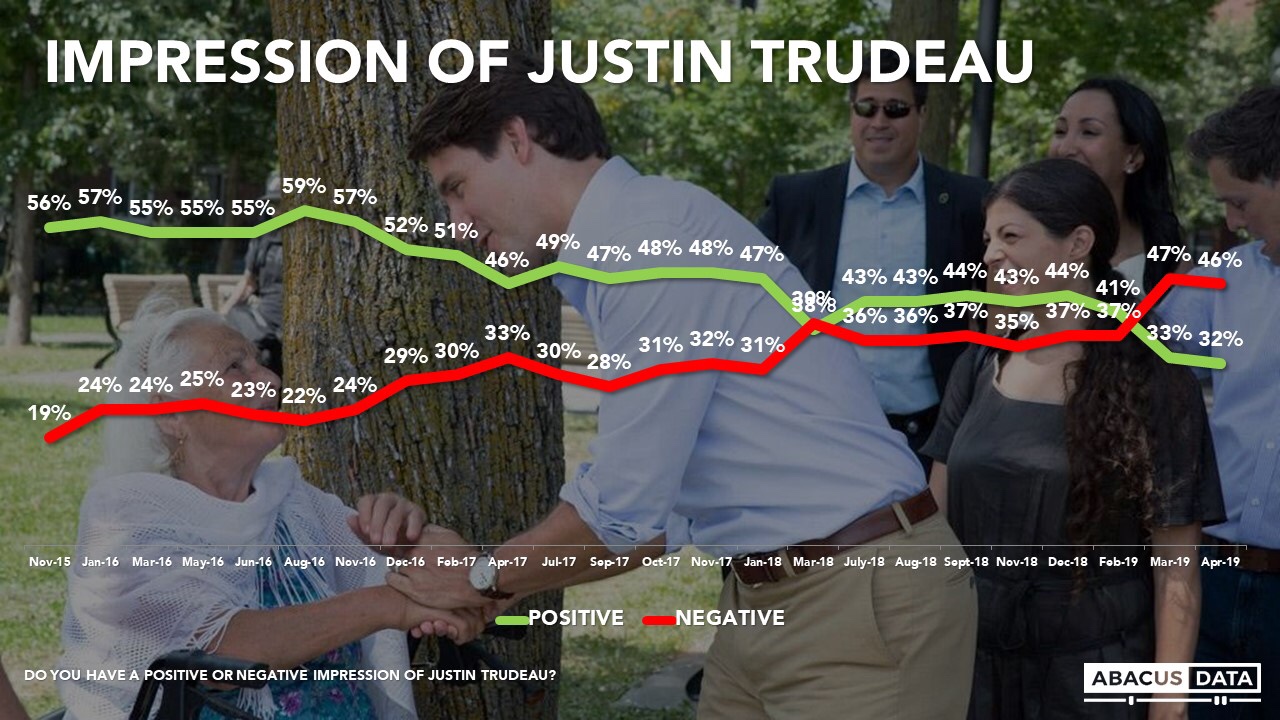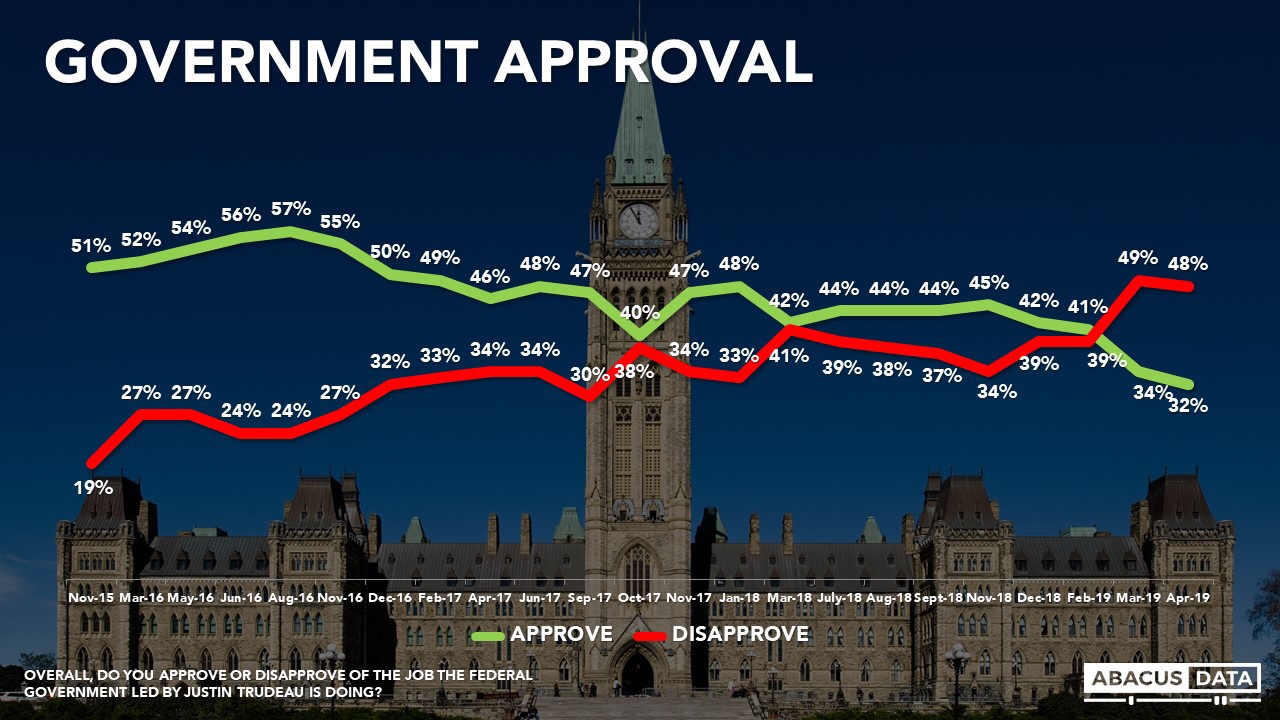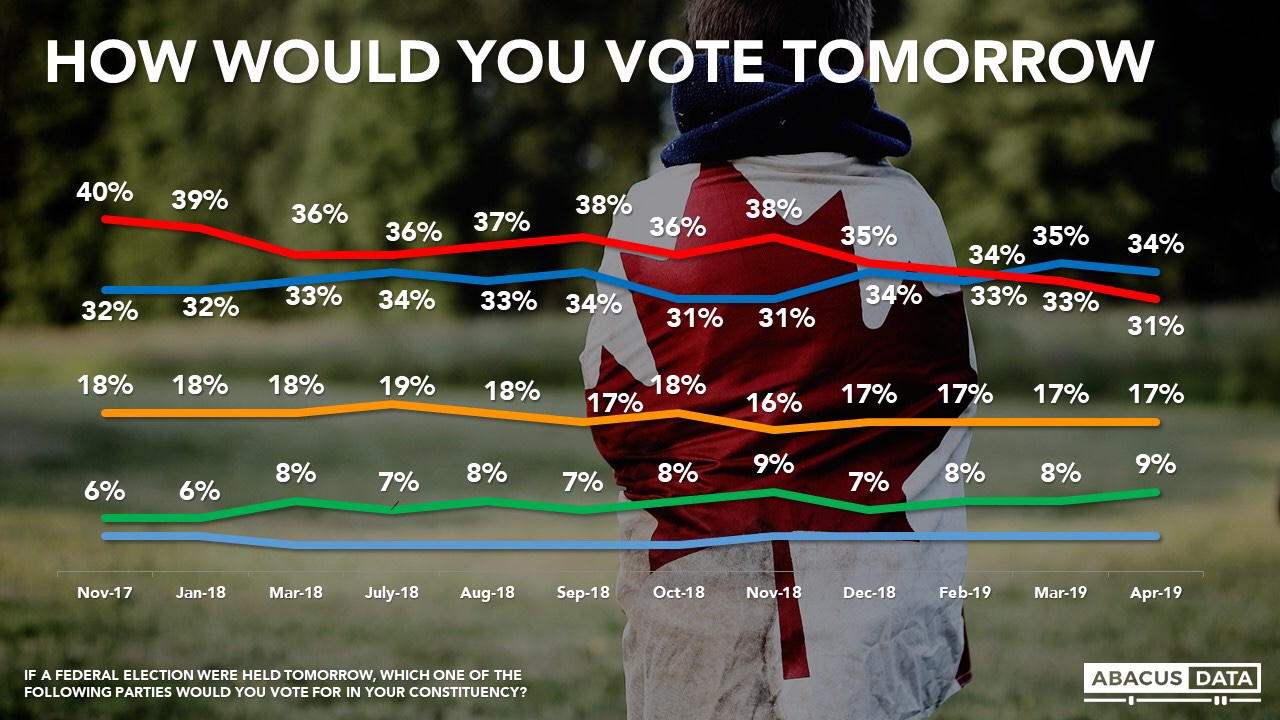Five free comms tips for Justin Trudeau
The Gettysburg Address it was not.
Standing on the picturesque shores of some picturesque lake in Mont-Saint-Hillaire, Quebec, Justin Trudeau was asked what he and his family had done to cut single-use plastics out of their lives.
Here is what he said, verbatim.
“We…uh…uh…we have recently switched to drinking water bottles out of…water out of when we have, uh, bottles out of, uh, plastic, sorry, away from plastic towards, uh, paper. Like, drink box water bottles sort of things.”
The Liberal Prime Minister’s was so proudly unintelligible, so defiantly incomprehensible, it instantly went viral, supplying fodder for dozens of anti-Trudeau memes across the Internet for the next 100 years. It was mocked and maligned from coast to coast to coast, including by people who actually still sort of like Justin Trudeau. Heck, the clever Sodastream beverage people even put together an ad about it, with the tagline: “Justin, just say Sodastream.” Trolled by a big international company: ouch.
It reminded all and sundry that Gerald Butts has indeed left the building, and that Justin Trudeau has started to sound like Tom Hanks in Forrest Gump, except way worse. Or Zoolander, even, but on a bad day.
How did the oxymoronic brain trust in Trudeau’s PMO not see that coming? How did they not supply the Actor-In-Chief with an answer to one of the three most enduring political questions, namely: “Do you practice what you preach? (The other two being: “What did you know and when did you know it?” and “Why did you party on that boat with a bunch of topless co-eds?”)
Since it is becoming evident that Chief of Staff Katie Telford and Liberal campaign manager Jeremy Broadhurst couldn’t communicate their way out of a moist, environmentally-friendly paper bag, it is incumbent upon the rest of us to provide Prime Minister Chewbacca Socks with some communications guidance.
Herewith and hereupon, the Hill Times’ Five Immutable Comms Rules, gratis.
- Don’t mangle the message, man. Last week, in the wake of the important report by the National Inquiry into Missing and Murdered Indigenous Women and Girls, Justin Trudeau declined to say “genocide” had taken place. A few hours later, he flip-flopped and said genocide had taken place. Then, a couple days later, he changed his mind again, and said it wasn’t genocide, but “cultural genocide.” In the process, Trudeau sounded like the aforementioned Messrs. Gump and Zoolander. As such, it was essential that Trudeau’s Great Big Announcement about single-use plastics be clear, consistent and coherent. It wasn’t.
- Don’t sell snow shovels in June. Or, in this case, don’t make a Great Big Announcement – and we know it was a Great Big Announcement because your office had been telegraphing that for days – when the biggest sporting event in Canadian history was also taking place. You know: that little match-up between the Toronto Raptors and the Golden State Warriors. It was in all the papers, Katie and Jeremy: it was kind of a big deal, in the immortal words of Ron Burgundy. Pro tip, Justin: if you are proposing something to fundamentally change the way millions of Canadians will live their lives, don’t do it when Canadians are paying attention to someone who has fundamentally changed the way millions of Canadians now live their lives, cf. Kawhi Leonard. Just don’t.
- Don’t wait too late. In slightly more than 100 days, the writs will drop for the 2019 Canadian federal general election. Why, why, why did the Trudeau Party wait untilnow to make their plastics announcement – when the European Union, among others, had done likewise long ago? Announcing something this big, this late, convinces the few folks paying attention (see point two, above) that it was a cynical, desperate move to halt the undeniable momentum of the much-admired Liz May. Because it was.
- Don’t forget to make it relevant. The banning of plastic straws became an early and frequent target of Trudeau’s announcement. Parents of autistic kids, for example, reminded Trudeau that their kids needed such straws to, you know, consume liquids. Why, then, didn’t Trudeau focus on the number one source of single-use plastic pollution. Namely, cigarette butts. They’re unsightly, they’re ugly, and they’re universally disliked. They’re made out of cellulose acetate, which is plastic. But Trudeau’s press release didn’t even mention them. Dumb.
- Don’t be a hypocrite. Mere moments after Trudeau said what he tried to say, the Internet was flooded with recent photos of the Prime Minister swilling water from plastic bottles – and it was reported that Trudeau’s family had spent $300 in a single month on water in plastic bottles. Hypocrisy, thy name is Justin.
Anyway. Will Justin Trudeau listen to all that excellent free advice? Not on your life.
Because, these days, there’s no one who personifies the phrase “single-use plastic” better than the guy who, you know, made the announcement.




